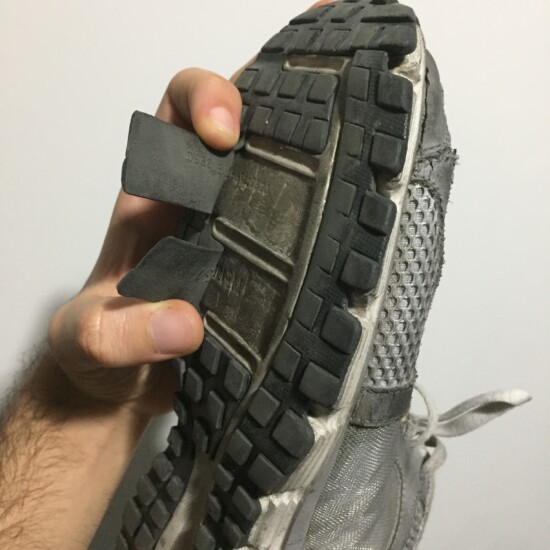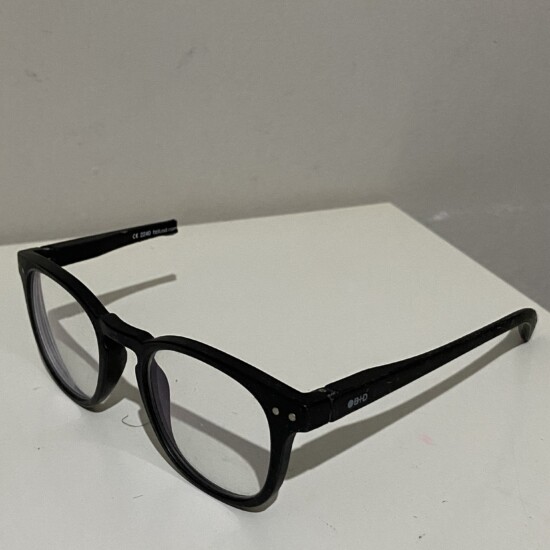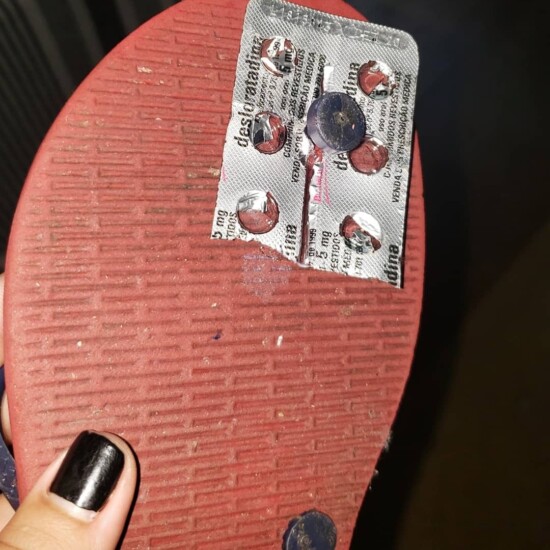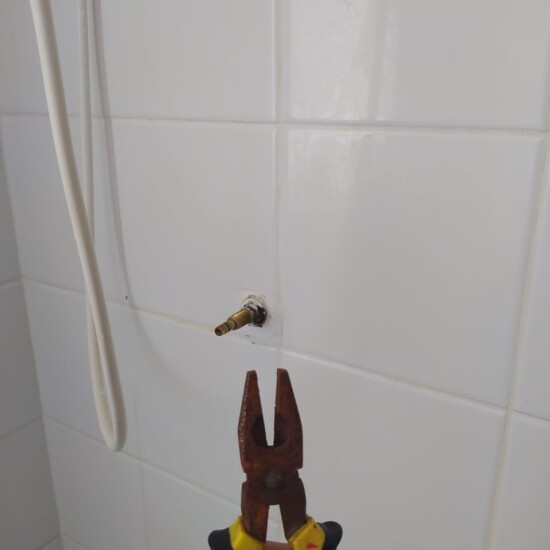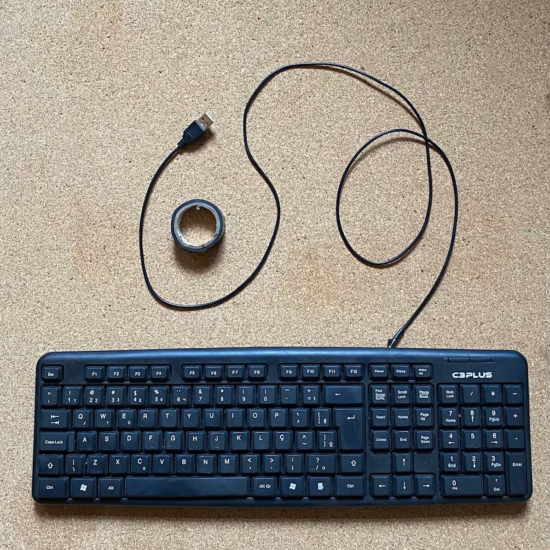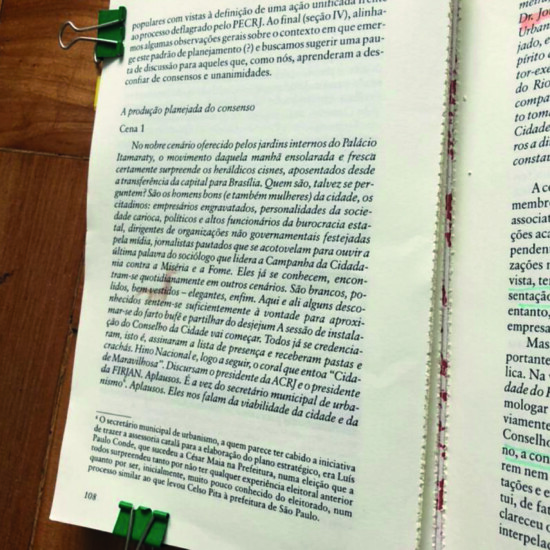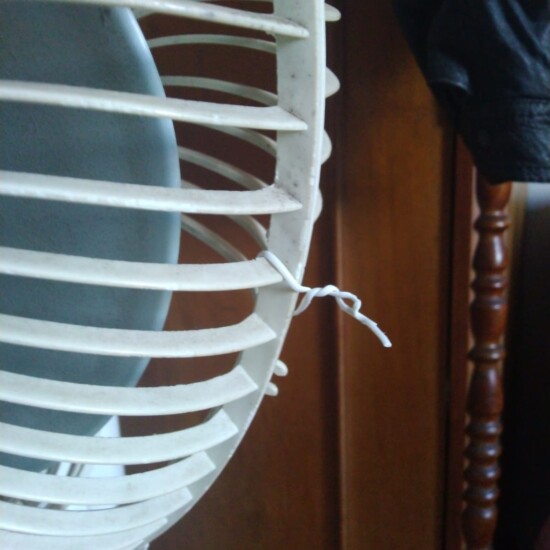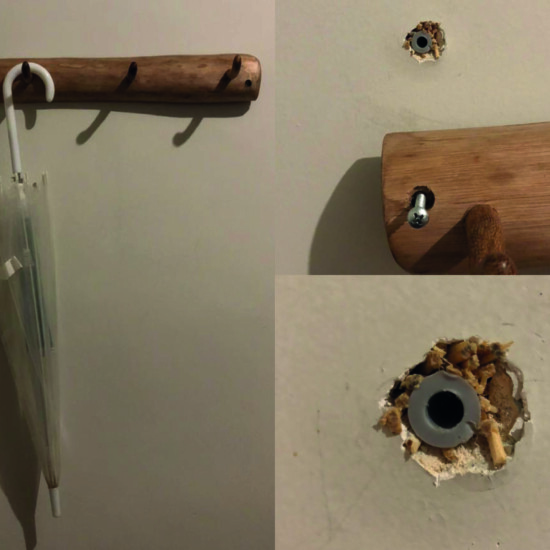The climate emergency requires us to rethink consumption, as well as the relationship between human beings and nature and social spaces. To extend life on the planet, it is essential that societies increasingly encourage practices of reuse of materials and the regeneration of the environment. This workshop will discuss how fixing things can encourage more rational economic processes and stimulate creative and sustainable ways of acting in the world.
Facilitators
Fred Paulino is an artist, designer, researcher and curator. He is the catalyst of Gambiologia project (gambiologia.net), which since 2008 investigates art and technology in dialogue with education and popular culture, especially around the themes of improvisation and reuse. Fred is also the coordinator of “Tales of Care and Repair” in Brazil.
Wellington Cançado is an architect and professor at Achitecture and Design School at UFMG in Belo Horizonte, Brazil. Co-founder of Cosmópolis group and coordinator of “Urbe Urge: Responses to Climate Emergency” program, his research is dedicated to urban metamorphosis and the cosmopolitics of the Anthropocene. Author of the books “WalkingAtlas”, “Urbe Urge” and “Excavating the Future”, he is also editor of PISEAGRAMA magazine (piseagrama.org).
Registration Details
This workshop is available to EA (UFMG) students only.
Agenda
09. 00: Introduction
09:10: Movie Discussion
09:30: Results Presentation and Conversation
10:00: Repair Manifesto Presentation
10:10: Brainstorming Declaration
11: 30: Closing
What Happened
The first Tales of Care & Repair workshop in Brazil took place in partnership with the School of Architecture at UFMG (Federal University of Minas Gerais), being held with students of Architecture and Urbanism. The online workshop via Microsoft Teams platform was given by Fred Paulino (coordinator of Tales of Care & Repair in Brazil) and Wellington ‘Low’ Cançado (project collaborator and member of the Conserta & Conta”study group, resulting from the project’s actions in Brazil). The workshop was held as part of the “PFLEX – Anti-construction” discipline, thus being part of the semester workload of the 21 participating students.
The workshop was divided into two sessions of two hours each, on the 9th and 12th of August 2021. As a way of raising awareness of the activity, the article “Maintenance and Care” by Shannon Mattern, published on placesjournal.org in November of 2018, was translated into Portuguese and previously sent to the students.
At the first meeting, on August 9, the proposal for the Tales of Care & Repair project was presented, with a focus on actions to be carried out in Brazil. A slide presentation prepared on the theme of the project was shown and discussed, with a focus on the idea of Reparation, which would be the main theme of the discussions in the Brazilian context. The presentation script consisted of:
– General presentation of Tales of Care & Repair, with project objectives and actions to be carried out in Brazil, UK and India;
– Brief presentation of partner organizations in carrying out the project;
– Initial discussion about impressions in relation to the submitted text;
– Etymology of the words “fix” and “repair”;
– Division of discussions into four lines of analysis: art, society, economy and beyond;
– Repairs in art: Maintenance Art manifesto, Glitch, Hack, Reuse, Accumulation, Daily life observation, Vernacular art
– Repairs in society: Gambiarra, Handyman, Collapse of the local/common, Traditions, handicrafts and memory, Collectives and repair activists;
– Repairs in economy: urban infrastructure, regulation in Brazil, recycling x reuse x upcycling, 9 R’s;
– Repairs beyond: climate change, environmental disasters, reparation, repair projects in Brazil.
During the presentation, there were several moments of exchange and discussions between facilitators and students, in which points were discussed such as: anthropocene; the fallacy of valuing the “new”; the comparison of the “handyman” to the Renaissance logic of creation; new possibilities for architectural construction based on repairs and renovations; “Ilha das Flores” (1989), a classic Brazilian short film about poverty and inequality ; alternative forms of community formation; the example of the action of a mining company in the city of Maceió, which forced the removal of 55,000 people from their homes; the work of the activist Greta Thunberg and her speech at the UN; new cognitive and manual skills offered in contemporaneity; the differentiation between work and labor, according to Hannah Arendt; the idea of “extinction of experience” by Stephan Mancuso.
At the end of the first meeting, an exercise for collecting repair stories was proposed to the students, in which each participant should bring three examples of daily repairs to the next meeting – one DIY, one professional and one that failed.
The second meeting, on 12/08, was dedicated to the presentation by the students of the collected images. The results of the exercise were quite satisfactory, with a total of approximately 80 repair examples brought in by the students. Unfortunately, at this time the upload system of the Tales of Care & Repair website was not yet available, so only a small part of the collected stories were subsequently uploaded by the students on the project’s website.
Some of the discussions that emerged on the second day of the workshop were: the built of custom tools; patriarchy in repair culture; national particularities in repairs; industrial coincidences; collaborative practices, collective effort and free repairs; the option for downgrading; rituals related to garbage, with mention of indigenous cultures and the idea of heritage; and fixes as a way of highlighting the problem rather than hiding it.
